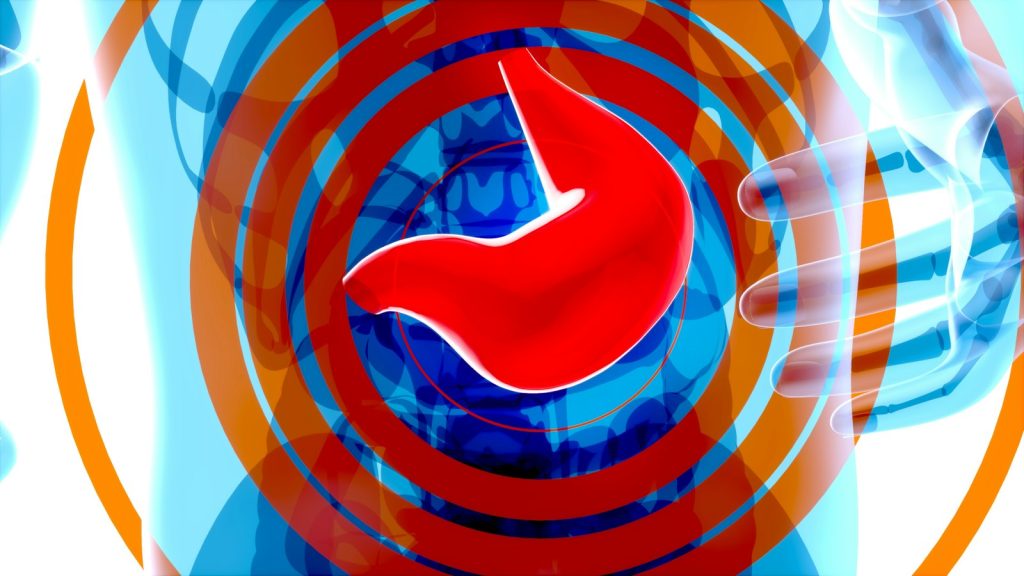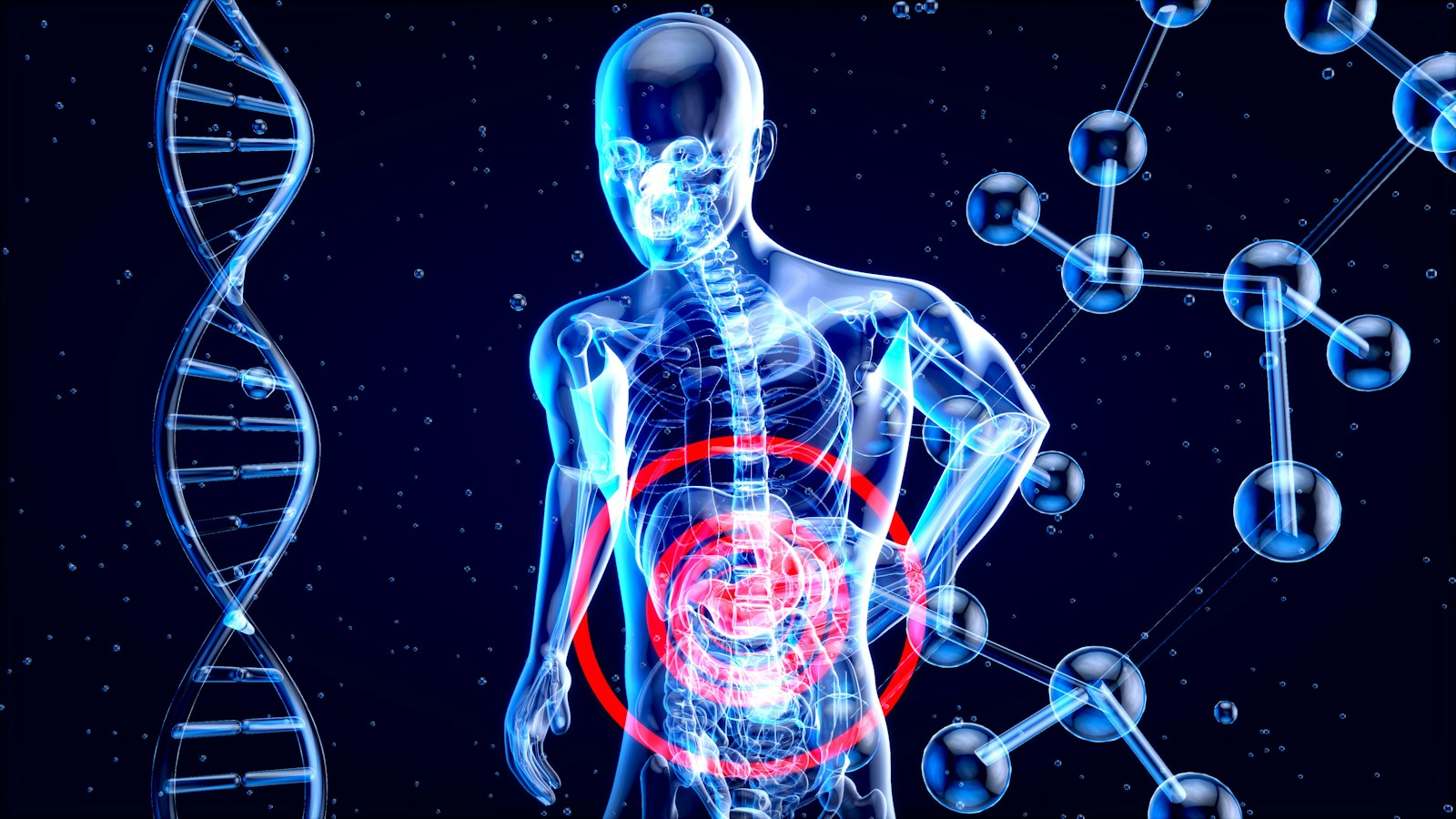Ever had a hunch that your gut was telling you something important? Turns out, that intuition might actually be spot-on, especially when it comes to saving the planet. Yes, you read that right – your gut bacteria, those trillions of tiny buddies residing in your digestive system, hold the key to a more sustainable future.
Table of Contents
ToggleA Universe Within: Meet Your Microbiome
Think of your gut as a bustling metropolis, teeming with microscopic citizens – your microbiome. These diverse bacteria, fungi, and archaea aren’t just freeloaders, though. They’re like your tiny allies, helping digest food, boost immunity, and even influencing your mood.
But here’s the surprising twist: your gut microbes also interact with the environment in surprising ways. From what you eat to the chemicals you’re exposed to, the choices you make impact your inner ecosystem, which in turn, can ripple outwards, affecting the planet on a larger scale.

Food Choices with Eco-Impact:
Remember that juicy steak you had last night? Turns out, meat production is a major greenhouse gas emitter. But it’s not just the cows’ methane causing the Earth to sweat – your gut microbes also play a role. Some gut bacteria specialize in digesting animal protein, and as they churn through that steak, they release methane as a byproduct.
On the other hand, plant-based pals in your gut sing a different tune. They thrive on the fiber found in fruits, veggies, and whole grains, releasing beneficial metabolites that not only nourish your body but also contribute to a healthier planet. Think of them as tiny environmental ambassadors, promoting biodiversity and reducing emissions through your dietary choices.
Beyond the Plate: Your Microbiome Matters
Food isn’t the only way your gut bacteria influence the environment. The chemicals you use at home, the air you breathe, and even the stress you manage all impact your microbiome. For example, studies suggest certain pesticides and antibiotics disrupt the delicate balance of gut bacteria, potentially leading to environmental consequences like increased water pollution through agricultural runoff.
A Sustainable Symbiosis: Partnering with Your Microbiome
So, what can we do to harness the power of our gut bacteria for a greener future? Here are a few tips:
- Embrace the Plant-Based Plate: Fill your diet with fruits, veggies, and whole grains to nurture your eco-friendly gut microbes. Think of it as a win-win for your waistline and the planet.
- Choose Clean and Green: Opt for organic produce and eco-friendly cleaning products to minimize exposure to harmful chemicals that can disrupt your gut health and pollute the environment.
- Stress Less, Live More: Chronic stress can wreak havoc on your gut and the planet. Practices like meditation, yoga, and spending time in nature can help balance your microbiome and boost your environmental karma.
- Support the Soil, Support Your Gut: The health of our soil is directly linked to the health of our food and, ultimately, our gut bacteria. Consider composting, local food initiatives, and supporting regenerative agriculture practices that nourish the soil and nurture healthy microbes.
By understanding the connection between your gut and the environment, you can make conscious choices that benefit both your health and the planet. It’s a win-win situation where every bite, every breath, and every mindful moment becomes a contribution to a more sustainable future.
Remember, a healthy gut is a happy gut, and a happy gut is a powerful ally for a greener world. So, listen to your intuition, nourish your microbiome, and together, let’s make the world a little healthier, one tiny gut bug at a time.
FAQs:
- How does my gut microbiome affect the environment? Your gut bacteria interact with what you eat and the chemicals you’re exposed to, potentially impacting greenhouse gas emissions, water pollution, and soil health.
- What can I do to make my gut more “eco-friendly”? Prioritize plant-based foods, reduce exposure to harmful chemicals, manage stress, and support practices like regenerative agriculture that nourish the soil and gut microbes.
- Can probiotics help the environment? While more research is needed, certain probiotics may positively influence gut bacteria and their environmental impact. Always consult a healthcare professional before taking probiotics.
- Does everyone’s gut microbiome influence the environment equally? Individual gut diversity and diet play a role. However, conscious choices towards a healthier gut can benefit both personal and planetary health.
- Is this just another fad? The gut-environment connection is a rapidly growing field of research with exciting potential. By recognizing this link, we can make informed choices for our health and the planet’s well-being.
Remember, our gut bacteria are more than just digestive helpers; they’re tiny eco-warriors waiting to be unleashed. Let’s cultivate a healthy inner-self and outer-self!







